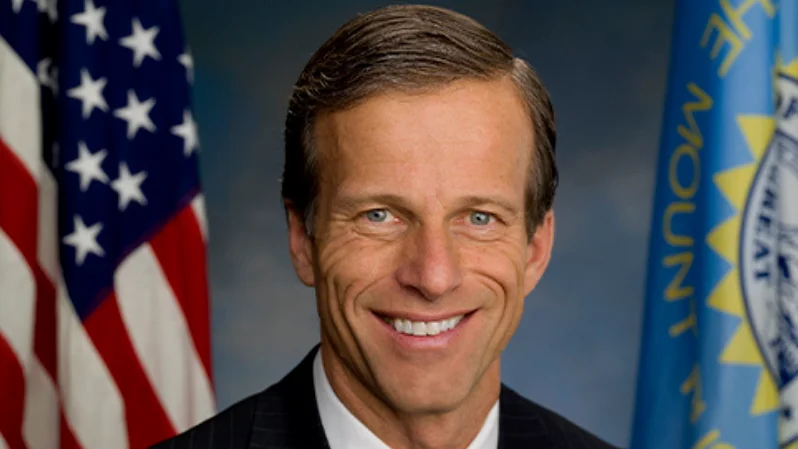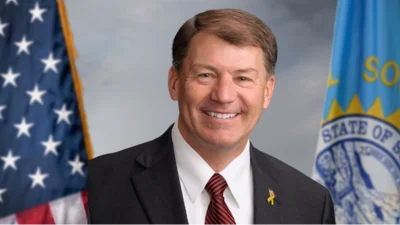Senator John Thune, US Senator for South Dakota | Official U.S. Senate headshot
Senator John Thune, US Senator for South Dakota | Official U.S. Senate headshot
The Senate has begun consideration of several bipartisan appropriations bills, marking a return to what some lawmakers describe as a more regular legislative process. U.S. Senate Majority Leader John Thune (R-S.D.) spoke on the Senate floor about the current status of these bills and emphasized the importance of bipartisan cooperation.
Thune highlighted that the Senate Appropriations Committee, led by Chair Collins, has released four appropriations bills with support from both parties. He noted that bringing such legislation to the floor is uncommon, referencing last year when none of the committee-approved bills were brought forward for debate or amendment in the full Senate.
“One of the things that I’ve been determined to do as leader is to restore us, as much as possible, to a regular-order appropriations process,” Thune said. “To have bills move through the committees and then come to the Senate floor for debate and amendment.”
This week, lawmakers are considering the Military Construction and Veterans Affairs (MilCon-VA) appropriations bill for fiscal year 2026. The measure passed out of committee with strong bipartisan backing—26 votes in favor and three against.
According to Thune, “The MilCon-VA appropriations bill provides critical funding for veterans health care, veterans benefits, and construction projects at military bases and installations around the globe.”
He also pointed out specific provisions aimed at rural areas: “As a resident of a rural state, I’m particularly pleased by the bill’s funding for telehealth services, as well as for the Office of Rural Health at the Department of Veterans Affairs. This funding will help reduce barriers to care for rural veterans – as will the bill’s provision preventing the VA from closing hospitals, something that I worked to include.”
Other elements in this legislation include continued modernization efforts for veterans’ health records systems and resources for key military infrastructure such as facilities supporting the new B-21 bomber at Ellsworth Air Force Base in South Dakota.
Thune further mentioned that National Guard facilities across South Dakota—and elsewhere—will benefit from additional construction funding provided by this bill.
Beyond military spending, Thune discussed other pending appropriations measures: agriculture programs vital to states reliant on farming; funding for federal law enforcement under Commerce-Justice-Science; and resources under Legislative Branch Appropriations aimed at addressing security concerns on Capitol Hill.
He thanked leaders on both sides of the aisle: “I’m very grateful to Chair Collins, Vice Chair Murray, and all the members of the Senate Appropriations Committee for their work on these bills.”
While acknowledging Democratic calls for bipartisanship in appropriations work, Thune expressed concern over recent rhetoric suggesting potential government shutdowns but remained optimistic about ongoing cooperation: “Members of both parties should have a strong interest in a regular-order, bipartisan appropriations process. And I’m pleased that we managed to begin on a bipartisan basis this week.”
Thune concluded by expressing hope that this collaborative approach would continue ahead of September’s deadline.




 Alerts Sign-up
Alerts Sign-up